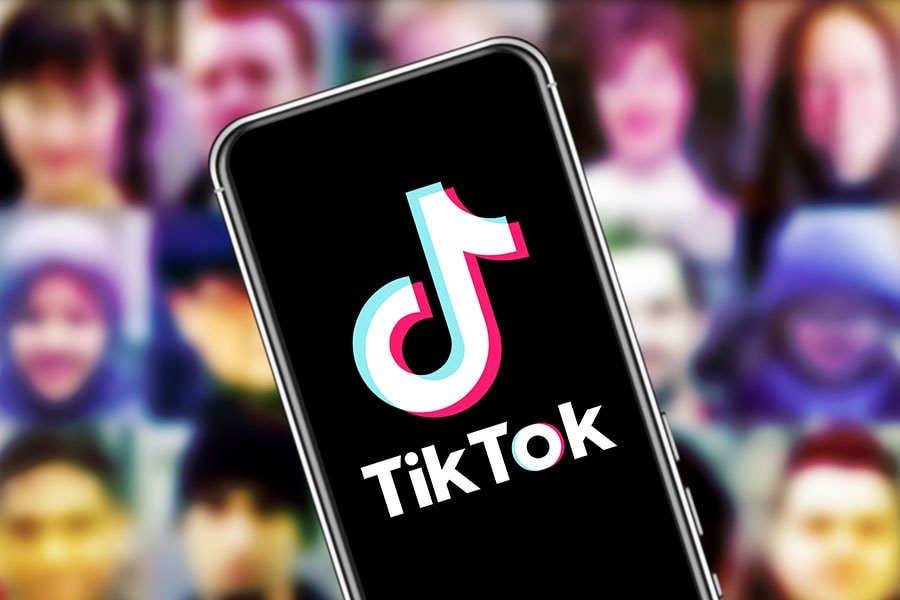
On TikTok, election misinformation thrives
In Germany, TikTok accounts impersonated prominent political figures during the last national election. In Colombia, misleading TikTok posts falsely attributed a quotation from one candidate to a cartoon villain. Now, similar problems are arising in the US too
 TikTok is shaping up to be a primary incubator of baseless and misleading information, in many ways as problematic as Facebook and Twitter, researchers who track online falsehoods say
Image: Shutterstock
TikTok is shaping up to be a primary incubator of baseless and misleading information, in many ways as problematic as Facebook and Twitter, researchers who track online falsehoods say
Image: Shutterstock
In Germany, TikTok accounts impersonated prominent political figures during the country’s last national election. In Colombia, misleading TikTok posts falsely attributed a quotation from one candidate to a cartoon villain and allowed a woman to masquerade as another candidate’s daughter. In the Philippines, TikTok videos amplified sugarcoated myths about the country’s former dictator and helped his son prevail in the country’s presidential race.
Now, similar problems have arrived in the United States.
Before the midterm elections this fall, TikTok is shaping up to be a primary incubator of baseless and misleading information, in many ways as problematic as Facebook and Twitter, researchers who track online falsehoods say. The same qualities that allow TikTok to fuel viral dance fads — the platform’s enormous reach, the short length of its videos, its powerful but poorly understood recommendation algorithm — can also make inaccurate claims difficult to contain.
Baseless conspiracy theories about certain voter fraud in November are widely viewed on TikTok, which globally has more than 1 billion active users each month. Users cannot search the #StopTheSteal hashtag, but #StopTheSteallll had accumulated nearly 1 million views until TikTok disabled the hashtag after being contacted by The New York Times. Some videos urged viewers to vote in November while citing debunked rumors raised during the congressional hearings into the Jan. 6, 2021, attack on the Capitol. TikTok posts have garnered thousands of views by claiming, without evidence, that predictions of a surge in COVID-19 infections this fall are an attempt to discourage in-person voting.
The spread of misinformation has left TikTok struggling with many of the same knotty free speech and moderation issues that Facebook and Twitter have faced, and have addressed with mixed results, for several years.
©2019 New York Times News Service







